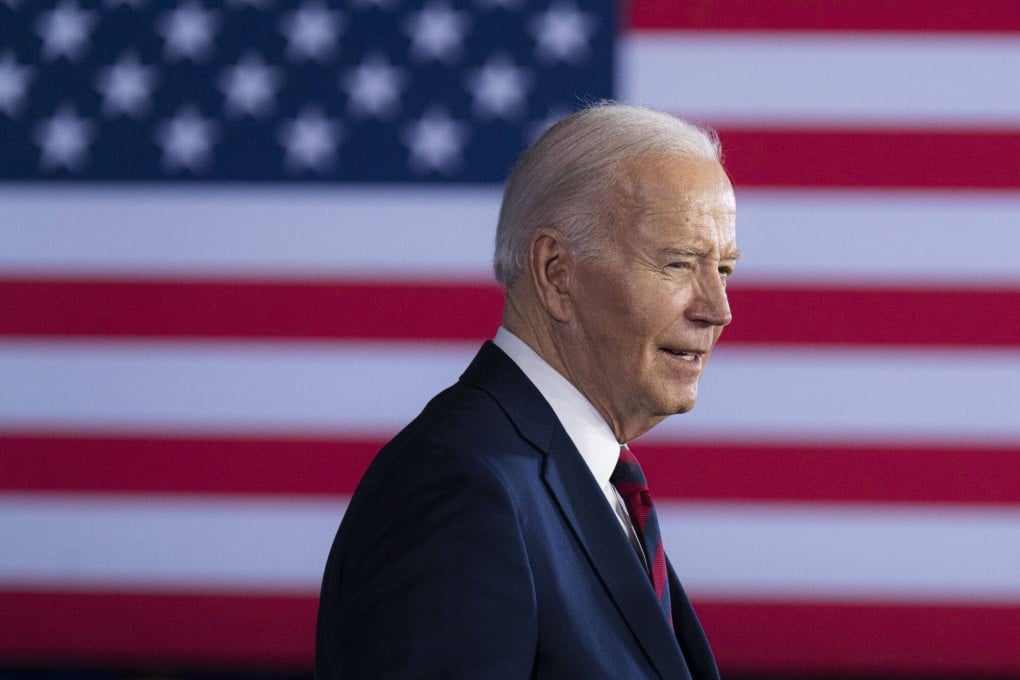Hong Kong scientists worry that Biden’s executive order to restrict sharing of ‘bulk data’ will hurt research
- US action targeting ‘countries of concern’ may leave city’s researchers without access to critical data
- Details of US action not worked out yet, but some scientists say they can look for new sources of data

Hong Kong medical researchers are worried their work could be affected by a United States move to restrict sharing large volumes of sensitive personal data to “countries of concern” including China.
While the full details are not known yet, some medical research heavyweights said the action, coming at a time of heightened Sino-American tensions and ahead of this year’s US presidential election, was clearly politically motivated and could hurt their work.
Others were more sanguine and said that if American data became impossible to access, the city’s researchers could always find ways to work with material from friendlier sources.
They were reacting to the news that US President Joe Biden had issued an executive order on February 28 to restrict access to sensitive American “bulk data”.
The sweeping order covers the sharing of genomic, biometric, personal health, geolocation, financial and government-related data and other personal information that could be used by certain countries to threaten American national security.

Apart from China, senior US officials identified Russia, North Korea, Iran, Cuba and Venezuela as countries likely to be targeted.